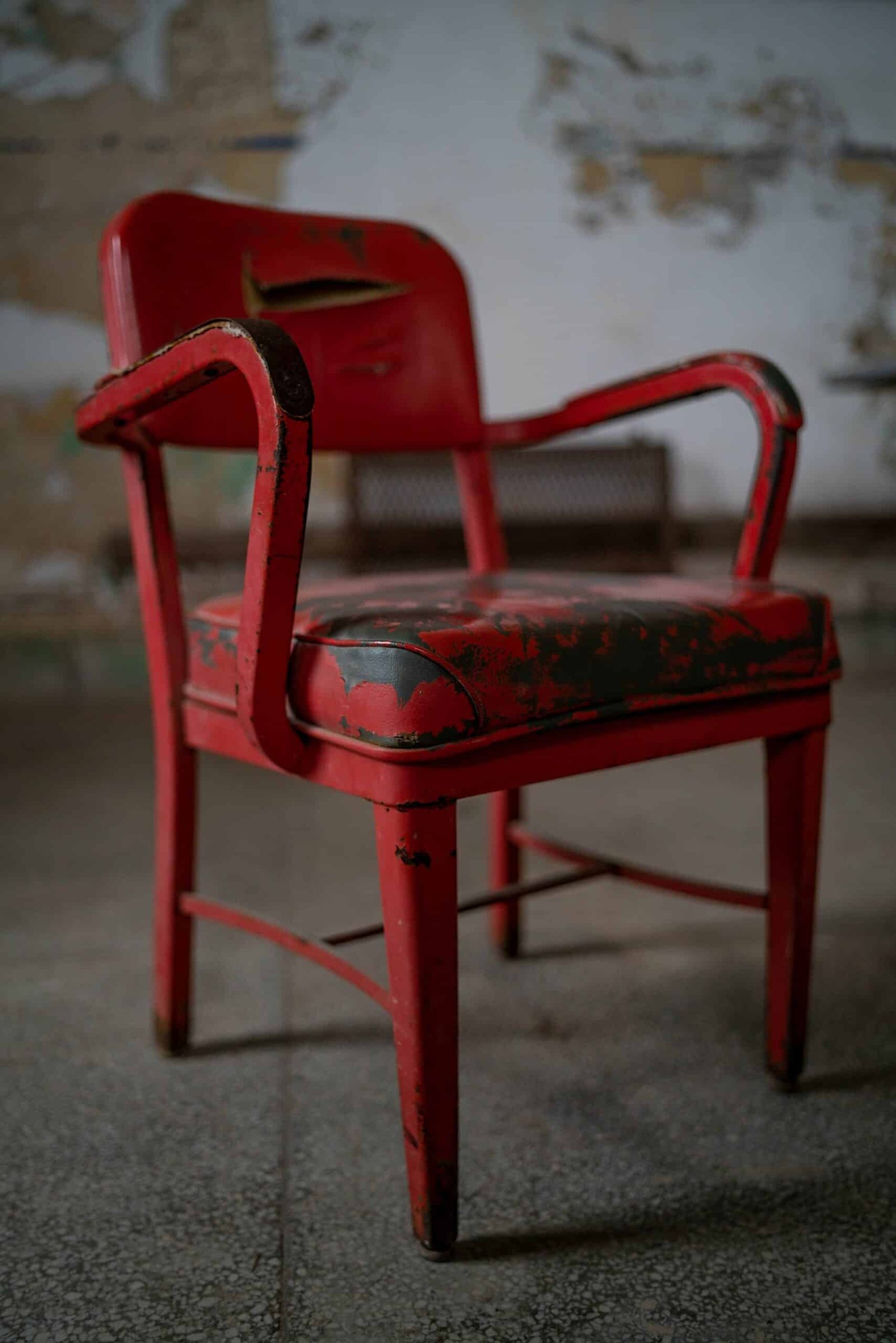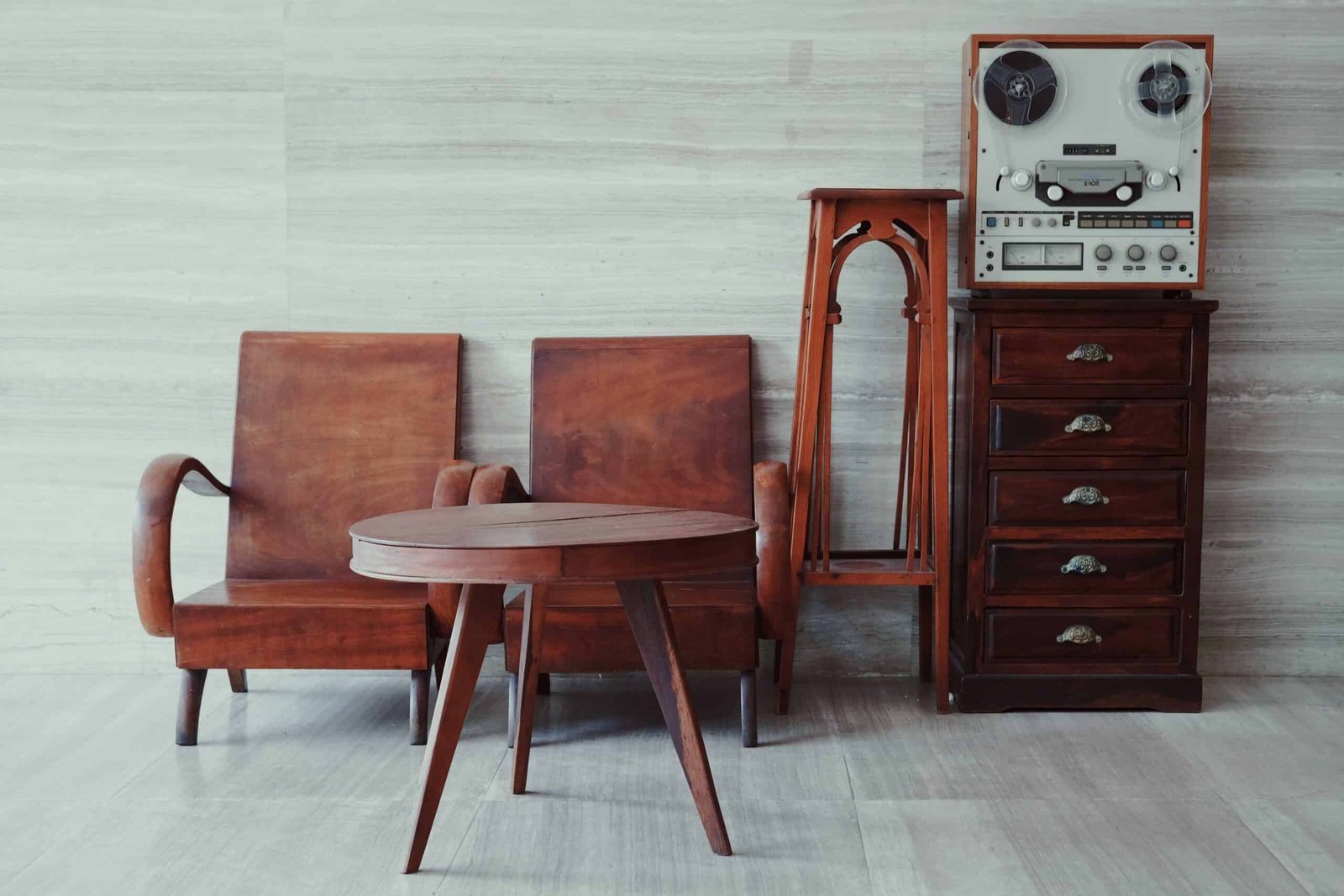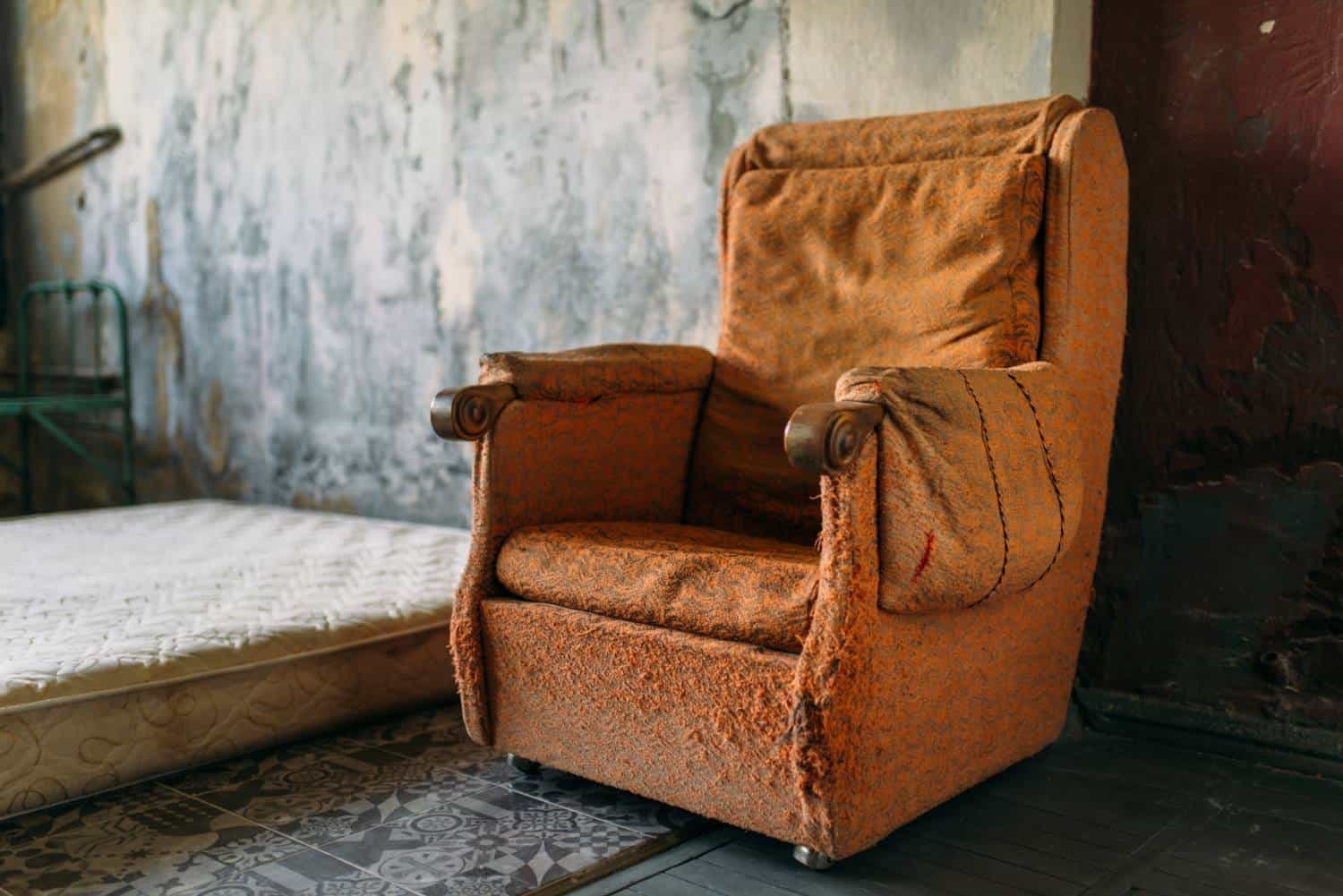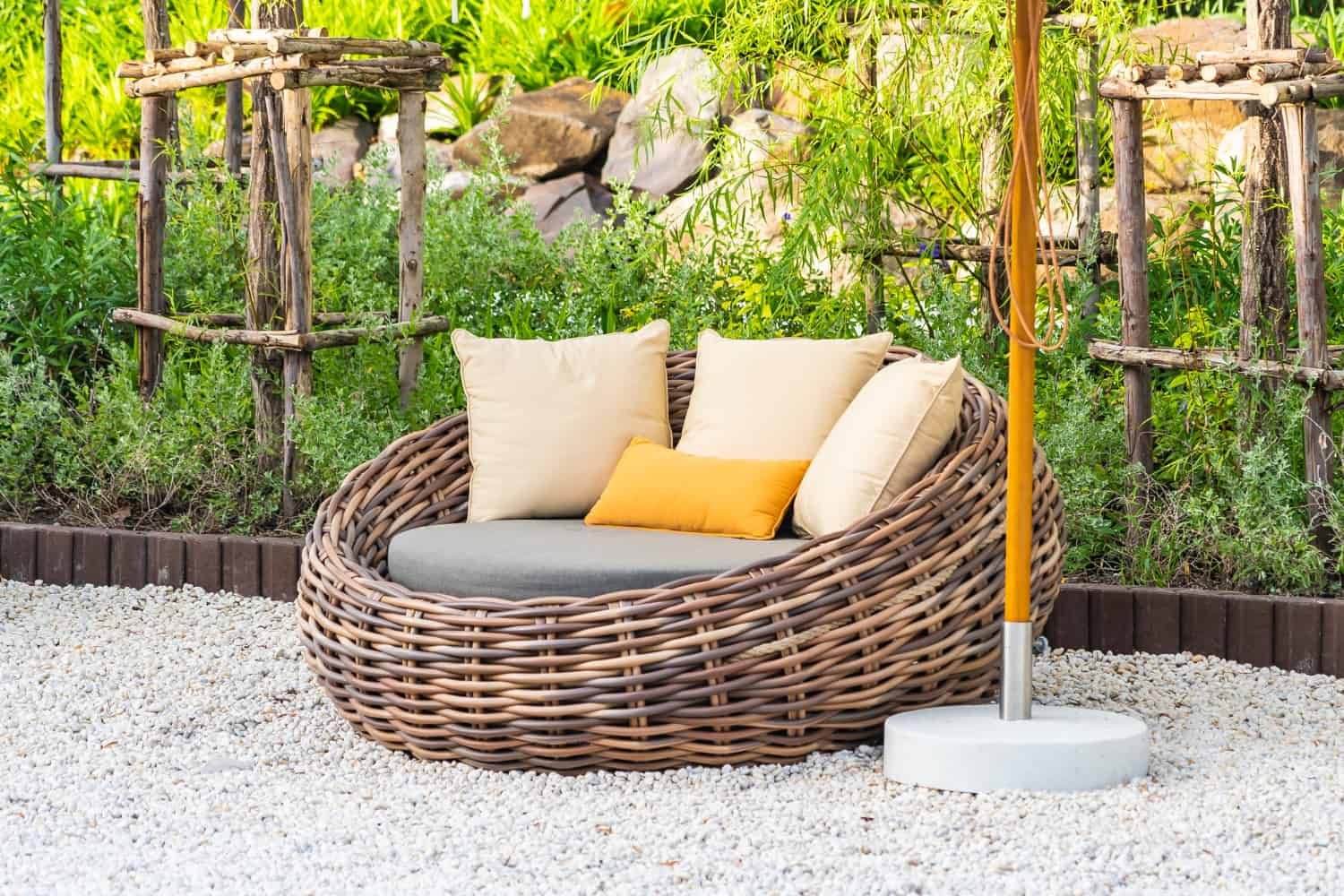
Disclaimer: As an Amazon Associate, “Furniture UK” earns from qualifying purchases.
Are you in the market for furniture but need help with the age-old debate of whether to buy new or used? While used furniture may offer a certain charm and a lower price tag, contemporary furniture has advantages that should be considered. For one, new furniture is often accompanied by a quality guarantee, giving buyers peace of mind that they’re getting a product that will last. New furniture offers a broader range of style, colour, and material options, allowing you to create a personalised look that perfectly complements your home. Keep reading to discover the benefits of choosing new furniture and why it might be the right choice for your next home decor project.
Quality and Condition
Looking for new furniture can be an exciting process, but it can also be a daunting task. One key factor influencing people’s decision to buy new furniture is the assurance of quality and condition. With the latest materials and manufacturing techniques, new furniture offers unparalleled durability and longevity, giving you the peace of mind that it will stand the test of time. Meanwhile, used furniture may come with hidden damages and wear and tear, which can lead to unexpected expenses. By opting for new furniture, you can rest assured that you are getting a product in pristine condition that has not been used by anyone else, ensuring that you can fully enjoy the benefits of your investment.

Style and Trends
Are you someone who loves keeping up with the latest interior design trends? Do you often browse furniture stores for the newest styles and designs? If so, you’re not alone. Many buy new furniture instead of used to ensure their homes stay up-to-date with the latest trends and styles. From modern and minimalist to sustainable and eco-friendly, the furniture industry constantly evolves to meet consumers’ needs and preferences. While some trends may come and go, others have stood the test of time, making them a worthwhile investment. And new furniture, often more uniform, can help create a cohesive and polished look in any room.
Warranty and Customer Service
When buying new furniture, customers often receive the added benefit of a warranty. A warranty can provide peace of mind, knowing that if anything goes wrong with the furniture within a certain period, the customer can receive repairs or replacements at no extra cost. However, reading the fine print and understanding what is and isn’t covered under the warranty is essential.
Additionally, new furniture purchases often come with customer service support. If customers have any questions, concerns, or issues with their furniture, they can contact the retailer for assistance. On the other hand, used furniture purchases typically do not come with warranties or customer service support. If something goes wrong with the furniture, the buyer is often responsible for fixing it or paying for repairs out of pocket. This can be a riskier option for customers who want to ensure their furniture lasts long.
It is important to note that some used furniture stores may offer limited warranties or guarantees, so it is worth checking with the seller before making a purchase. However, these warranties may not be as comprehensive or reliable as those offered when purchasing new furniture.
Hygiene and Health Concerns
People may buy new furniture rather than use one due to hygiene and health concerns. Used furniture may have been exposed to various allergens, bacteria, and viruses that can risk one’s health. Here are some specific concerns:
- Bed bugs: Used mattresses, sofas, and chairs may be infested with bed bugs, which can cause itchy bites and spread quickly to other areas of the home.
- Mould and mildew: Moisture can accumulate in used furniture, leading to the growth of mould and mildew. This can cause respiratory problems and exacerbate allergies.
- Dust mites: Used upholstered furniture can be a breeding ground for dust mites, triggering allergies and asthma.
- Chemicals: Older furniture may contain harmful chemicals such as lead, formaldehyde, and flame retardants that can pose health risks.
While cleaning and sanitising used furniture is possible, it may not be worth the risk for some people. Those with compromised immune systems, allergies, or respiratory issues may be particularly cautious about buying used furniture. Additionally, some people prefer the peace of mind of buying new furniture not previously used by anyone else. They can be sure that it is free from any potential health hazards and can be confident in its quality and durability.
Personal Preferences
Personal preferences play a significant role in purchasing new or used furniture. While some people prefer the character and history of used furniture, others prefer new furniture’s clean, fresh look. Some may choose the unique style and personality of vintage pieces, while others may like the uniformity and predictability of new furniture.

Cost Considerations
One of the primary factors people consider when purchasing furniture is the cost. While used furniture is often less expensive, several cost considerations may lead people to choose new furniture.
- Long-term cost: While used furniture may be cheaper upfront, it may cost more in the long run. Used furniture may require repairs or replacement sooner than new furniture, which can add up over time.
- Style: People may buy new furniture because they want a specific style or design unavailable in the used market. While some used furniture may be unique or vintage, it may not fit a person’s preferred aesthetic.
- Quality: New furniture is often made with higher quality materials and construction than used furniture, which can lead to a longer lifespan and less need for repairs or replacement.
- Warranty: Many new furniture purchases come with a warranty or guarantee, providing peace of mind and protection against unexpected repair or replacement costs.
Buying new or used furniture depends on a person’s preferences and circumstances. While cost is an important consideration, it is not the only factor to consider when purchasing furniture.








